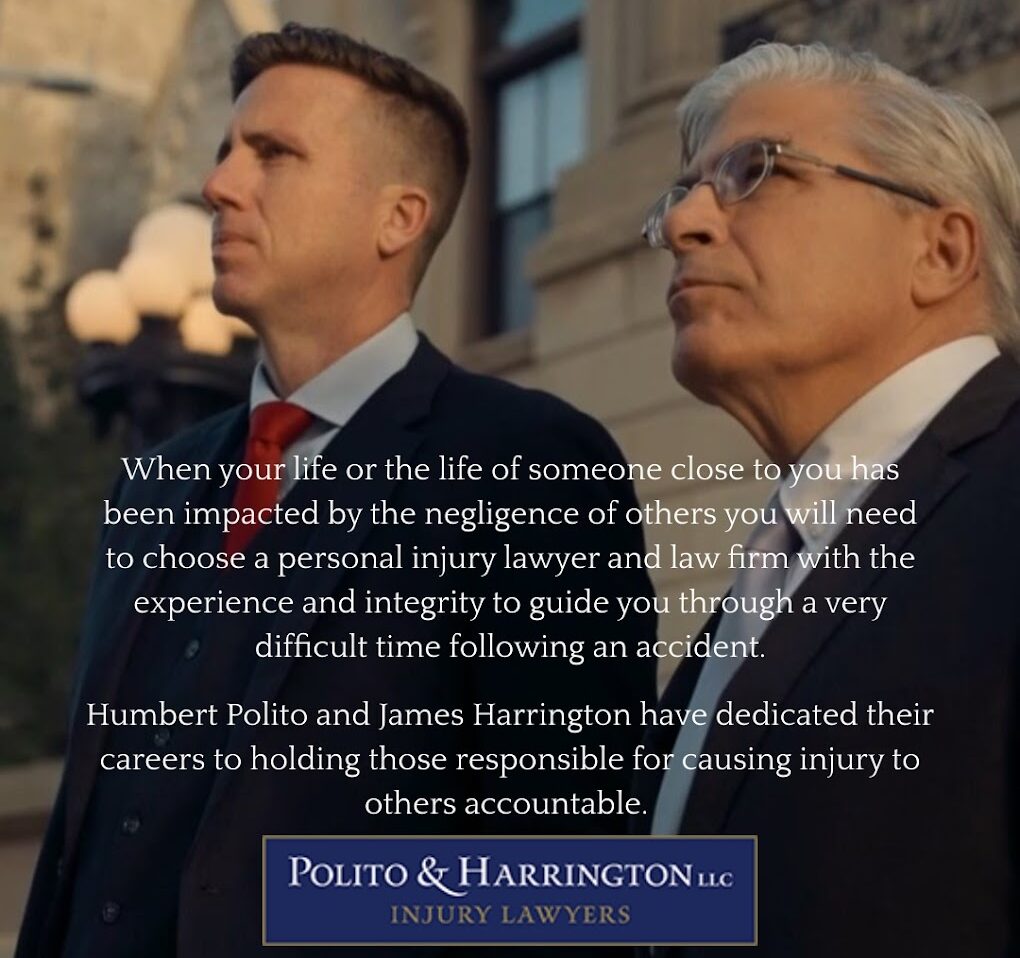
After a car accident, most people tend to focus on their physical recovery. This is understandable, as the physical injuries that car accident victims sustain are often severe, painful, and impossible to ignore. It’s important to remember, however, that serious vehicle crashes can take a mental toll as well. It’s important to be aware of your mental state after a car crash and to seek treatment when it’s appropriate.
As noted by NHTSA, the National Highway and Traffic Safety Administration, head injuries ranging from severe to fatal head injuries occur in an alarming number of motor vehicle accidents in the United States. While many implications are purely physical from a severe head injury, there are also mental implications that may result. A significant injury to your head can lead to long-term emotional and mental effects that may require compensation.
Often, concussions accompany head trauma, and concussions have been receiving increasing attention in the media in recent years, mostly concerning professional sports. Whether you experienced a head injury in the context of a football game or a car accident, a concussion is more than simply a bruise to your brain that heals and disappears.
Concussions can lead to difficulty concentrating, changes in personality, and shifts in behavior. Such changes to an individual can upset personal relationships, mental health, and general well-being, as well as impact earnings potential and work-life. All of these effects can be devastating and can result in mental trauma.
The repercussions of an accident can have far-reaching effects that go beyond the accident itself and related costs for immediate repairs and medical bills. In concert with the physical injuries of concussions, mental trauma following a car accident can lead to a significant change in your mental functioning and proficiency. Personality and mental health are closely interrelated to your ability to be productive and work, and mental injuries and trauma can be just as costly as physical injuries.
If you are experiencing difficulty concentrating, a shift in your impulsive behavior, or any changes in how you react to common events like stress, the accident may have impacted your mental functioning. Pursuing the assistance, and opinion, of medical and mental health professionals following your car accident, is an important step immediately following your accident. Establishing a baseline of where you are in the days following the accident provides a benchmark through which to explore any changes that might happen in the future. An experienced car accident attorney can help explain the process and steps to take to improve your case outcome.
The Anxiety & Depression Association of America (ADAA) notes that within the nearly 7.3 million traffic accidents that happened in 2016 alone, the primary concern at the site of the accident is with the physical injuries of those present. This approach may result in after-effects of the accident, such as mental health implications, to be less recognized. As noted by the ADAA, the trauma that victims experience following a car accident is often discounted by those experiencing it due to common misconceptions about trauma. Such as that it only results from events like the death of loved ones.
To understand the mental trauma-related damage that you might have experienced, the ADAA encourages you to understand that trauma is anything that is “deeply distressing or disturbing.” You need not witness a natural disaster or death of a loved one to have experienced trauma, and the experience of a car accident can result in significant trauma. Common symptoms of trauma include PTSD, anxiety, anguish, fearfulness, trouble sleeping, recurring nightmares of the crash, and more. Avoidance-based behavior may develop where your comfort driving to work and important events may decrease.
The symptoms of mental trauma that you might experience as a result of a car accident are diverse and often difficult to determine on our own. Following an accident, a consultation with a mental health professional can be very valuable, both in terms of your mental health and the prospective damages you might recover from the accident.
In addition to your physical injuries, consider the common mental trauma injuries experienced during car accidents such as anxiety, depression, and PTSD, which a mental health professional can help you assess following your accident.
The trauma and prospective loss associated with a car accident can result in PTSD, for which the most common symptoms are irritability, avoidance of things that might remind you of the trauma, hostility, depression, and anxiety.
While physical injuries in the form of car repairs or medical bills are easily measured, mental trauma-related damages can vary widely, underlining the value of consulting with a mental health professional following the accident to determine the extent of mental health trauma and an attorney to help explain what your options are in terms of fully recovering on your damages.
Going through the loss of a loved one as a result of a car accident is a tragic experience and one that can lead to significant mental trauma and related pain and suffering.
As reported by the IRS, wrongful death lawsuits usually recover compensatory damages for physical and mental injury, in addition to punitive damages for conduct on behalf of the liable party if reckless, malicious, or reprehensible. Some states allow punitive damages for wrongful death lawsuits, while others do not.
The damages associated with wrongful death include the mental trauma you experience as a result of the loss of your loved one. During a time of loss following an accident, it is natural for victims to overlook details, and this can result in costs not being included in claims and going uncovered.
During this time, the legal process may require you to interact with attorneys working with the opposing driver/s and their insurance companies, further adding to the stress and confusion concerning the accident and related loss.
An experienced attorney will have the knowledge and experience to help you understand the process in your state, to frame and measure the damages you have experienced, and to explain how your accident case will proceed.

Attorney, Humbert Polito
If you are suffering from mental issues after a car accident, we have some good news: you may be entitled to compensation for your pain and suffering as well as your mental health treatment. Connecticut law entitles car accident victims who were injured by the negligence of others to compensation for both their economic and non-economic damages.
In order to get compensation for your mental and emotional pain and suffering, however, you will need to be able to provide evidence of your losses, which means that you should take detailed notes about how your injuries are affecting you and see a mental health professional to discuss your situation. In addition, as insurance companies often fight tooth and nail against compensating victims for unseen injuries like anxiety, depression, or PTSD, you’ll want to retain an experienced attorney as soon as you can to represent you.
If you have been in a severe car accident, you deserve compensation for all of your injuries—including the ones that others can’t see. At Polito & Harrington, our personal injury attorneys in New London know how to take on insurance companies and get our clients the compensation they deserve. To schedule a free case evaluation with one of our lawyers, contact us online or call our office today at (860) 447-3300.
We are committed to provide personalized attention to each and every client’s case – no matter how large or small– because that is each client’s only case. We are proud of our firm’s reputation of combining integrity and compassion with an unflinching dedication to getting the right result. We will do what we say.
